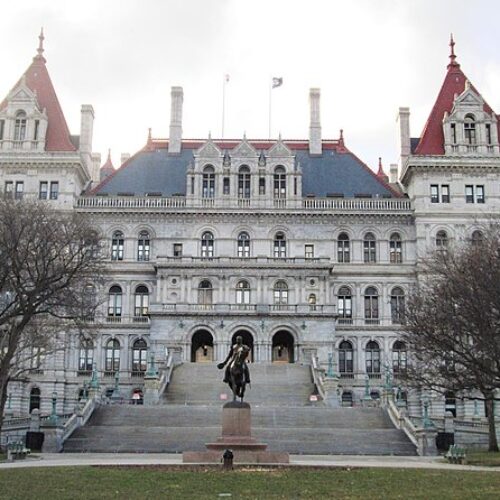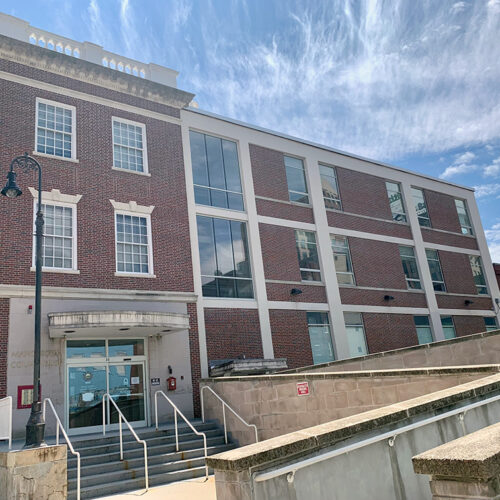Virginia legislative report finds low fee caps cause problems

Pleading the Sixth: A recent legislative report in Virginia finds that the low fee caps imposed on private court-appointed attorneys result in a decline in the number of attorneys willing to take court-appointed cases and the quality of representation by those who remain. This is the third report in 20 years – and the first ever state-sanctioned report – that spotlights low fee caps as a vulnerable right to counsel issue in the state.
Virginia’s reputation for imposing low fee caps on private court-appointed attorneys has been an issue for decades. In 2004, a Spangenberg Group report found that Virginia’s fee caps (which were the same then as they are today) were unreasonably low. A 2013 National Association of Criminal Defense Lawyers report echoed similar findings. Now, for the first time, a state legislative report calls attention to low fee caps as a critical right to counsel issue – meaning there is hope that this practice will change.
Indigent defendants pay the price for Virginia’s low fee caps
In Virginia, private court-appointed attorneys are paid an hourly rate set by the Virginia Supreme Court, currently $90 per hour. However, by law, the total fee is capped. Generally, misdemeanors have the fee capped at either $120 (District Court) or $158 (Circuit Court), while felonies have the fee capped at either $445 or $1,235, depending on the level of felony.
National standards require adequate state funding for indigent defense, including paying appointed counsel a “reasonable fee that reflects the cost of overhead and other office expenses, as well as payment for work.” Specifically, national standards call for paying appointed counsel a reasonable hourly rate, without fee caps, to incentivize effective representation. Paying private court-appointed attorneys a reasonable fee is necessary to ensure indigent defendants receive their constitutional right to counsel.
First, adequate pay prevents financial conflicts of interest between private court-appointed attorneys and their indigent clients. When an attorney is not paid enough to represent their indigent clients, they have a financial incentive to devote as little time as possible to their appointed cases. This places the personal financial interests of private appointed attorneys in conflict with the legal interests of the indigent clients. In Virginia, as the legislative report explains, a private appointed attorney is paid at most $120, or up to one hour and 20 minutes, to represent a misdemeanor DWI case in District Court. “However, a typical misdemeanor DWI is estimated to take an attorney an average of more than six hours of work.” So, the appointed attorney is faced with two options: (1) provide effective representation but without getting paid for 80% of their time, or (2) spend as little time on the case as possible to maximize compensation.
Second, adequate pay is critical to attract and retain lawyers with the requisite skills and expertise to provide quality representation to an indigent defendant in a criminal case. The 2004 Spangenberg report found that “low compensation discourages many qualified, competent criminal defense lawyers from handling court-appointed cases.”
Finally, adequate pay is necessary to ensure that lawyers do not take on more work than they should just to earn a living. Low pay incentivizes lawyers to take on as many appointed cases as possible, often leading to an excessive workload. In addition, if fewer qualified attorneys are willing to take appointed cases, the remaining attorneys are left with taking on more and more cases. Virginia’s legislative report found an attorney’s “ability to provide adequate legal counsel may be at risk if they are asked to take on too many cases” and further found that some were questioning the quality of representation being provided by the decreasing number of attorneys still willing to take on the appointed cases.
Will Virginia finally put an end to low fee caps?
The November report recommends that the fee caps be increased to help attract more qualified court-appointed attorneys, thereby reducing workload, and allowing each attorney the time necessary to provide quality representation to each indigent defendant. Already this year, the Virginia Court of Appeals and the Virginia Supreme Court increased the fees paid to appointed counsel in criminal appeals. With this state-sanctioned report, Virginia’s legislature has much of the information it needs to fix its appointed counsel payment structure in trial-level criminal cases as well.


